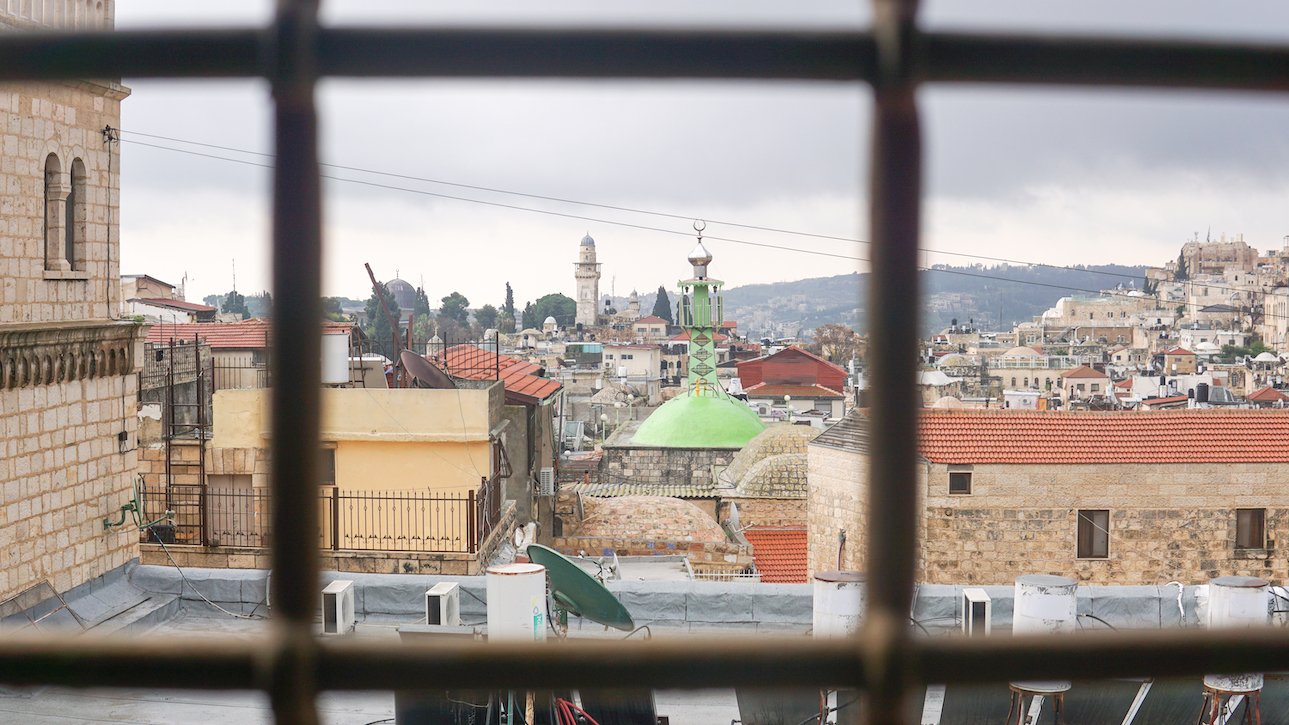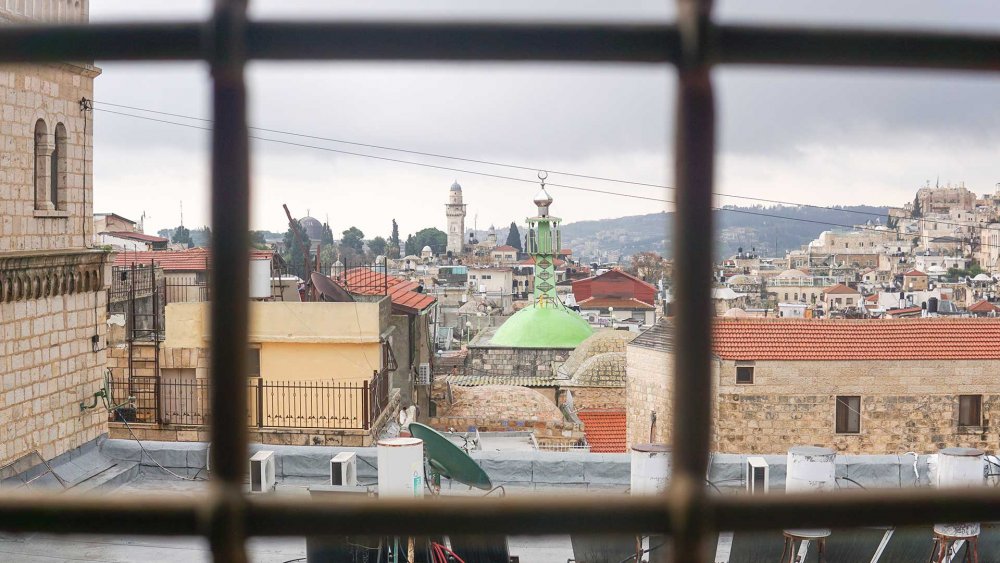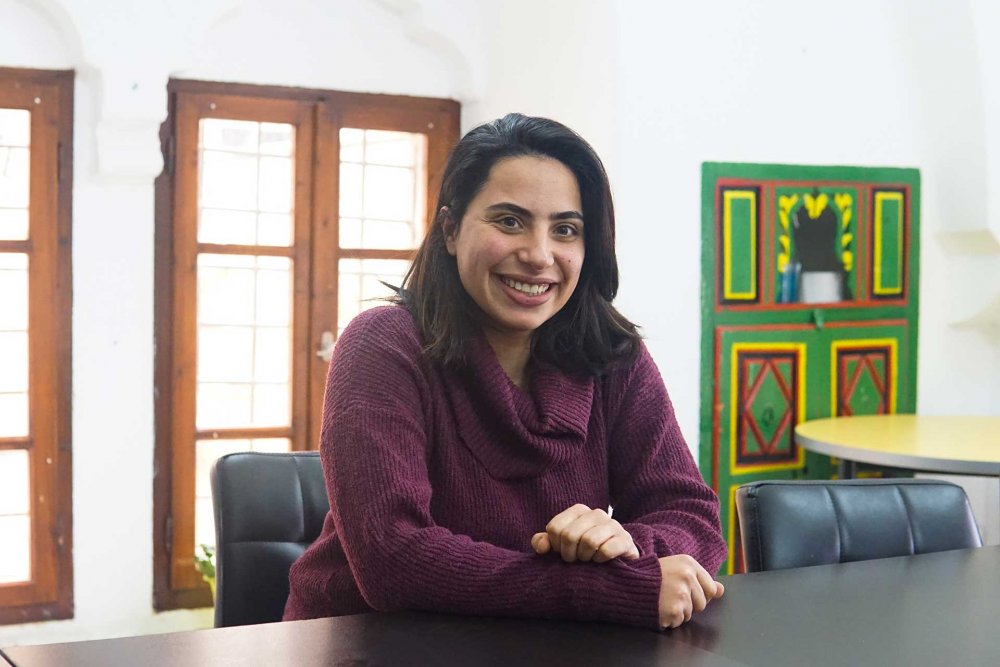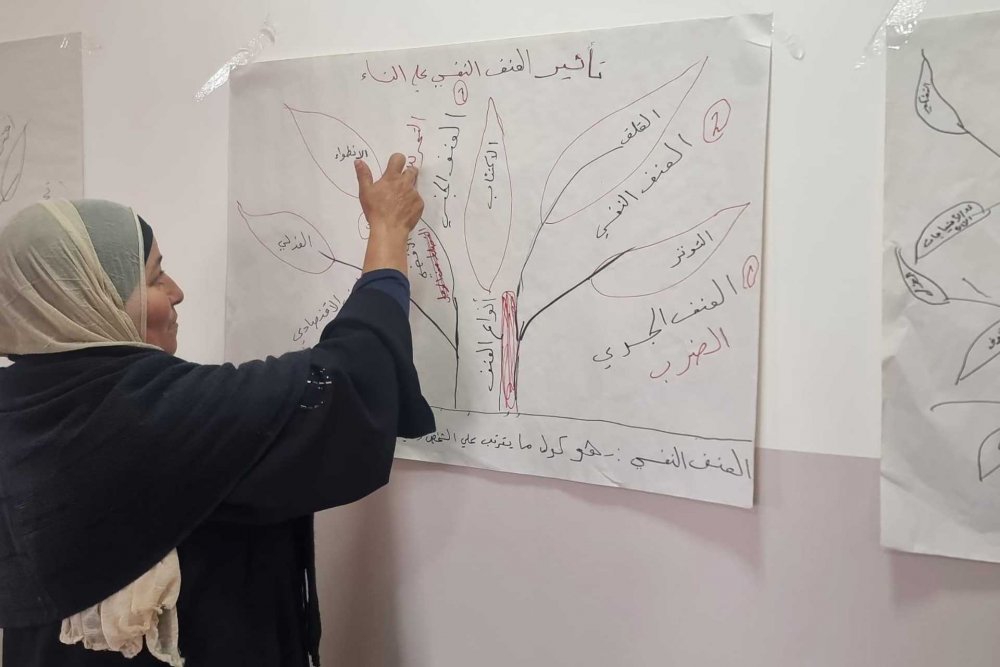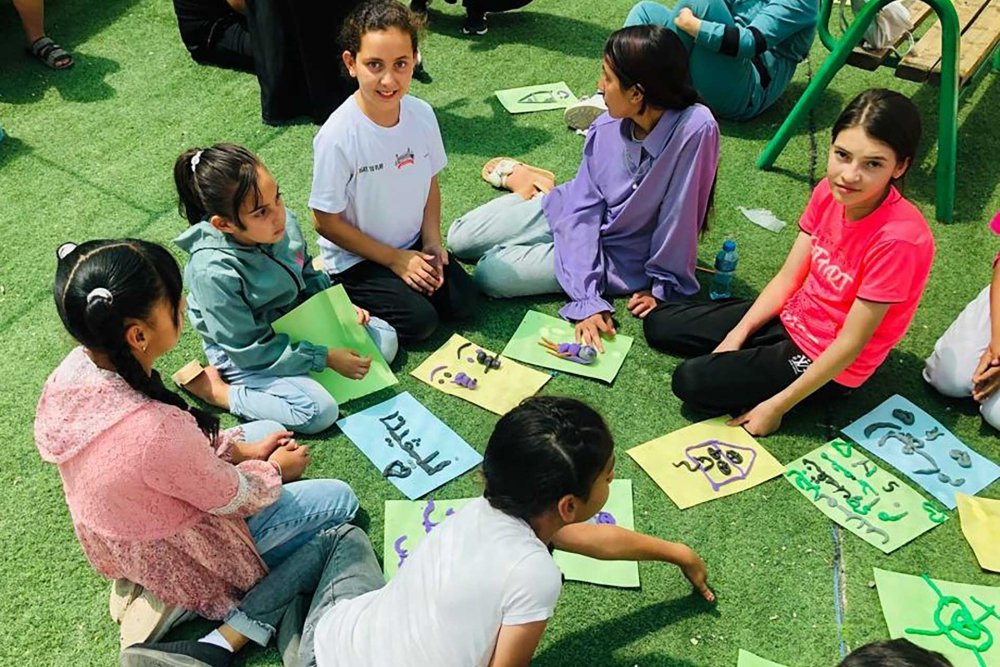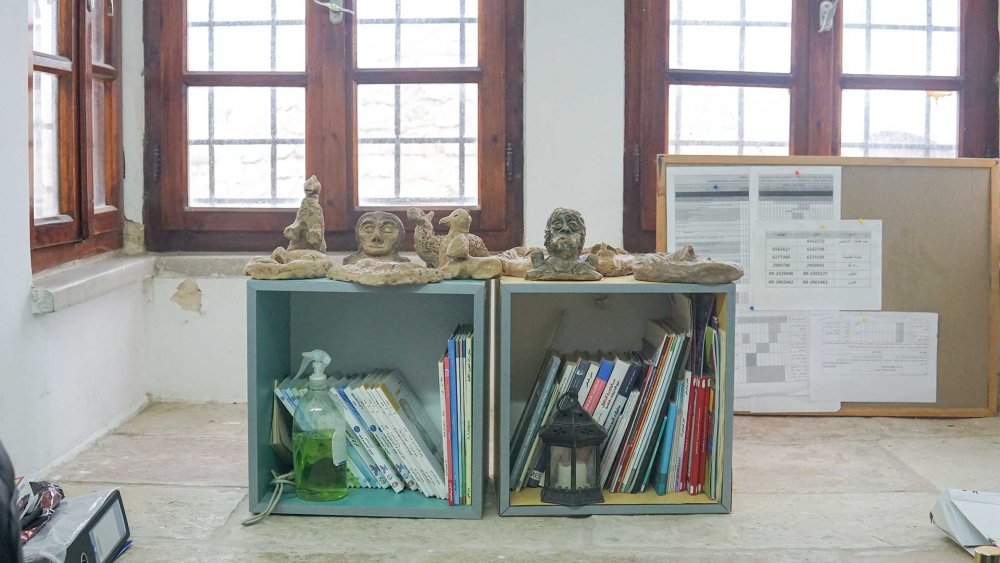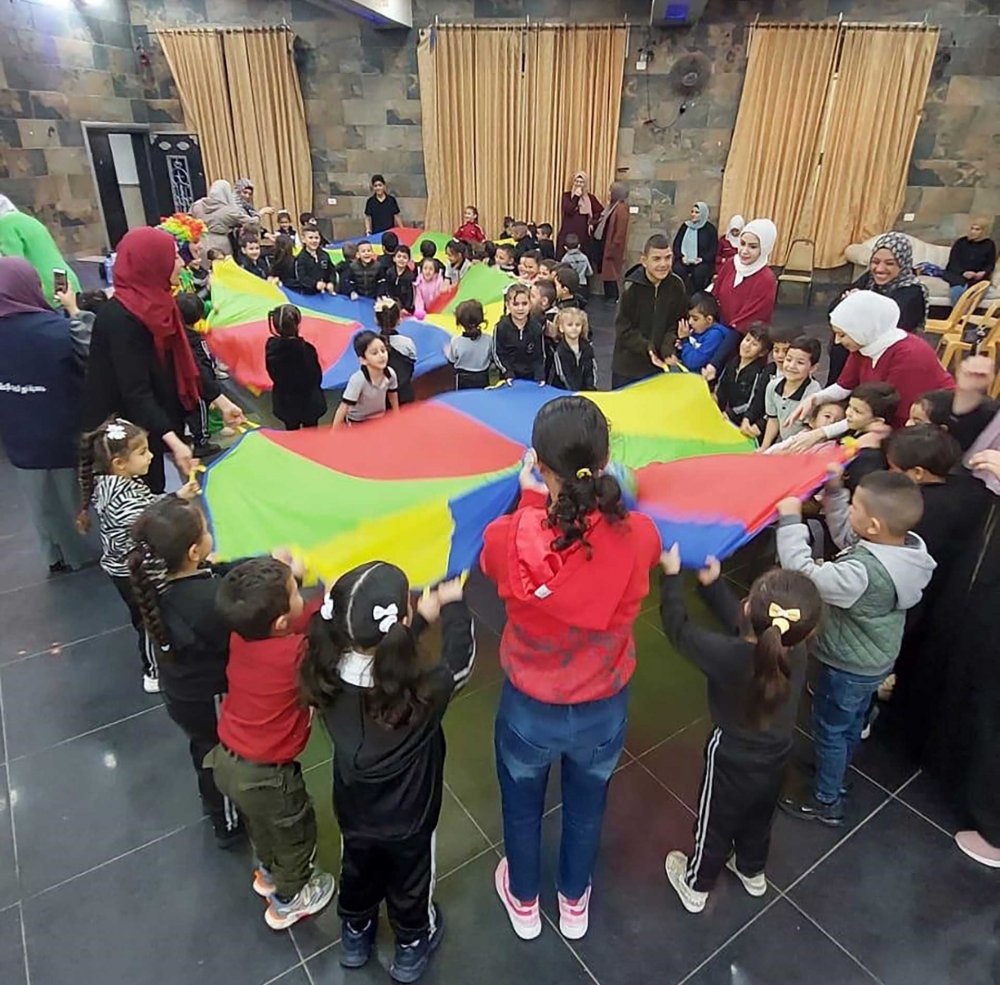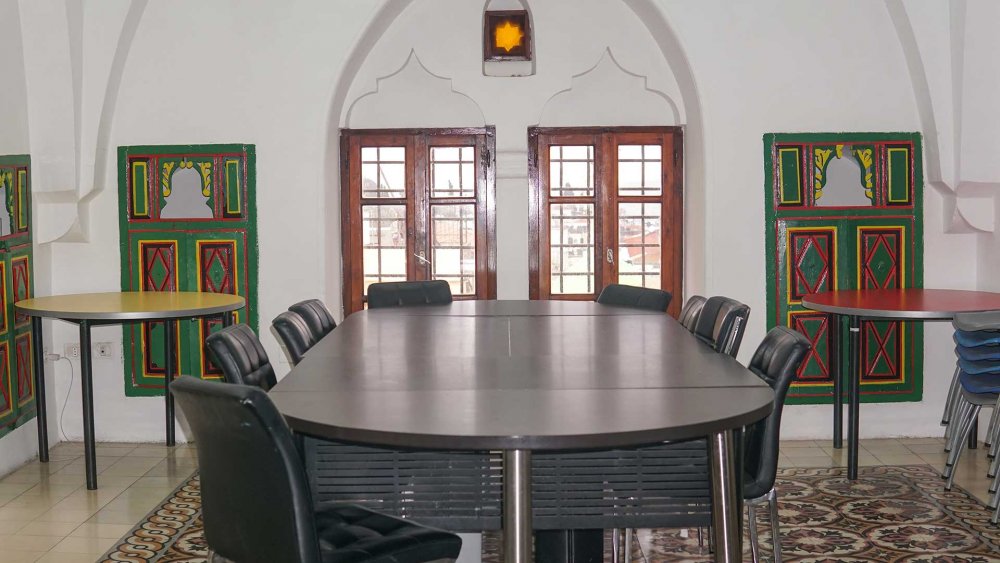Founded in 1983, the Arab Counseling Center for Education (ACCE) has supported Jerusalem’s Palestinian community for about 40 years, giving people of all ages subsidized access to vital psychosocial services from highly qualified psychologists.
When the ACCE opened its doors in Jerusalem in 1983, it became the first Palestinian mental health organization to specialize in counseling services. Before the ACCE, most of the services offered to clients were psychiatric or medical. The founders—a group of activists and psychologists—believed that access to mental health services is a human right.
Forty years later, the ACCE in Jerusalem, together with sister organizations in Ramallah, Nablus, and Qalqilya, has given thousands of Palestinians access to life-affirming psychosocial services.
The ACCE headquarters are tucked away in the heart of Jerusalem’s Old City, housed in a multistory complex that is around 300 years old. Since October 7, 2023, the Old City has not been its usual bustling self. The war (and specifically Israel’s multitiered closures imposed on the Palestinian community) has squeezed the life out the Old City; many shops are shuttered and only a few locals walk in the alleys. Tourists are nowhere to be seen. Armed Israeli soldiers congregate around the Damascus Gate, checking identification papers and limiting who can go in and out; more soldiers patrol the narrow streets inside, and about seven are stationed on the ACCE’s street alone.
In these unsettling times, it’s encouraging to see an organization like the ACCE in this space. The building houses therapy rooms, classrooms, and a massive shared space that looks out across the entire Old City, with the golden dome of al-Aqsa Mosque glistening in the distance.

